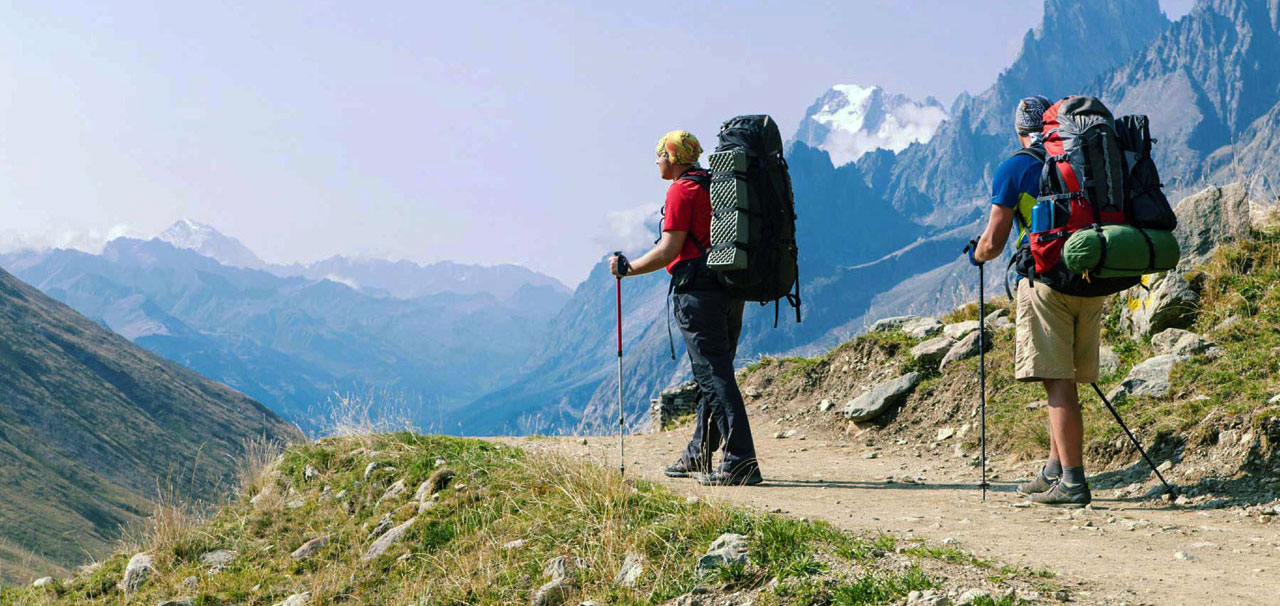Get ready to explore the great outdoors! From choosing a majestic destination, packing all your supplies, and readying yourself for any potential pitfalls along the way, planning a hiking trip is sure to be an adventure. There’s no better feeling for nature lovers everywhere than hitting that trail with anticipation of what lies ahead.
If you’re a hiking newbie, here are some tips to help make sure your experience is a successful one:
Research your destination
Take the time to do your homework about the region of your choice. Get an up-to-date map and read up on local regulations, weather conditions, terrain types, wildlife – and any other factors that might affect your journey.

Gather the right gear
The type of gear you choose will depend heavily on the climate and terrain of your chosen destination. When it comes to packing for a hiking trip, it’s important to have the right gear for the terrain and weather conditions of your destination. Here is a comprehensive list of items you should consider bringing with you on your adventure:
Clothing: Make sure to bring clothing that is lightweight, breathable and durable. You’ll want to include a hat, gloves, sun protection, raincoat or poncho, and layers for added warmth.
Hiking boots: A good pair of hiking boots are essential for any outdoor adventure. Make sure they fit snugly and provide adequate support and ankle protection.
Backpack: You’ll need something to store your supplies, so a durable and waterproof backpack is necessary. Make sure it’s large enough to carry all your gear but not too big that it becomes a burden.
Navigation tools: A map, compass, and GPS device are essential for safe hiking. You’ll need these items to find your way out of trouble if you get lost or are in an unfamiliar area.
Plan your itinerary and food supply
Map out the route you plan to take and your estimated arrival and departure times. Think about what supplies are needed for cooking and eating, such as dry food, snacks and water. Take into account additional fuel and cooking supplies, such as a portable stove and fuel.
Pack appropriately for safety
Safety is paramount when it comes to hiking. Aside from the gear listed above, ensure you have a first-aid kit that includes essentials such as bandages, pain medication, and antiseptic wipes. Bring along bear spray in case of an encounter with wildlife, a whistle for emergencies, and other necessary items such as flashlights or an emergency shelter.


